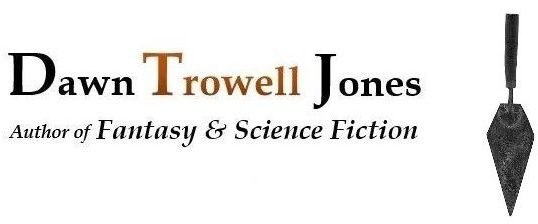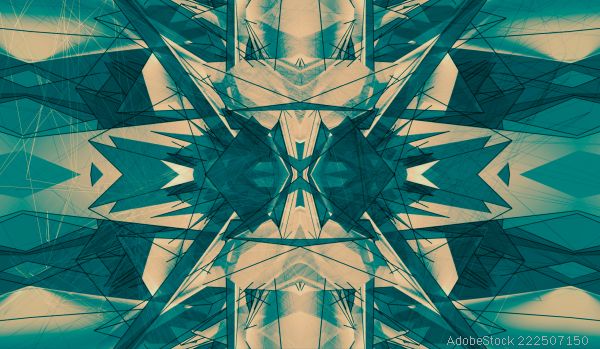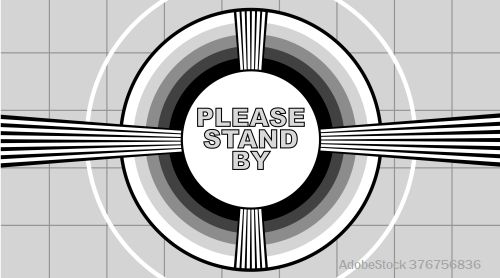 There’s this article I’ve been wanting to talk about by communications researcher Sorin Adam Matei in which he describes aspects of quantum computing: “Quantum computers are like kaleidoscopes: Why unusual metaphors help illustrate science and technology”. The article has been lying on my coffee table all this time. I recommend reading it if you’re curious. It’s not long and does a good job.
There’s this article I’ve been wanting to talk about by communications researcher Sorin Adam Matei in which he describes aspects of quantum computing: “Quantum computers are like kaleidoscopes: Why unusual metaphors help illustrate science and technology”. The article has been lying on my coffee table all this time. I recommend reading it if you’re curious. It’s not long and does a good job.
To be fair, there’s a great deal about quantum computing that I do not know. It’s bizarre. But as an author of speculative fiction, it’s my job to ask questions and, of course, to speculate. And so, with that in mind, I’ll say that it has bothered me for some time that the great discussions and hoopla surrounding AGI or generative AI, or any version of AI, rarely bring up the future of the computer itself – the hardware. It astonishes me when a popular scientist tells us not to worry about AI, that it (all versions, presumably?) will eventually become as mundane as smart phones are today, and the real game changer, we’re told, lies is in the area of quantum computing. I’ve really had to scratch my head at this and consider whether I’m missing something important because, you know, even mentioning the two in the same breath feels profound. Even if the most advanced AI of today relies on special hardware to some degree, the quantum computer of the future should be more than capable of simulating that structure virtually. Not to put the two together – quantum computers and AI – seems like a rather big omission in the reporting. But just to be clear, I’m all for enthusiasm, and quantum computing is fascinating – so mysterious, in fact, as to beg questions concerning the fundamental nature of the universe. Regardless of how you might feel about Michio Kaku as a scientist, he’s done an inspiring job here of introducing quantum computing: “Michio Kaku: Quantum computing is the next revolution.”
 Now, although my primary focus has been on prose these days, my first love was poetry, etymologically related to poiesis, “to make,” and when done well, it’s a compact morsel of creation. Poetry relies heavily on metaphor – speaking of one thing to express an idea about another. Fiat lux! Let there be some light. Matei says that when it comes to understanding new and somewhat esoteric fields of science, one has to find new metaphors and “to think about words the way poets do.”
Now, although my primary focus has been on prose these days, my first love was poetry, etymologically related to poiesis, “to make,” and when done well, it’s a compact morsel of creation. Poetry relies heavily on metaphor – speaking of one thing to express an idea about another. Fiat lux! Let there be some light. Matei says that when it comes to understanding new and somewhat esoteric fields of science, one has to find new metaphors and “to think about words the way poets do.”
He wants us to know that quantum computers rely upon a process vastly unlike ordinary computers. Ordinary computers, as we know, rely on binary “bits” (a metaphor) of zeros and ones to store and process information. Quantum computers do not – more like everything in between, “opaque clouds of possibility,” he says. To capture the strangeness of quantum computing processes, he compares them to the infinite, non-repeating patterns generated by kaleidoscopes. (I really do recommend reading his article.)
These “opaque clouds of possibility” are not fixed, he tells us. They have only potential. A state of potential. Perhaps you could say they exist in a kind of “proto” state. (In my next post, you’ll see why I mention this.)
According to Matei, quantum computers use “changes in the quantum states of atoms, ions, electrons or photons” and link them, or entangle them, so that changes to one change the others. The shifting energy states of these particles manifest as waves (explained better by Kaku). Then, according to Matei, “interference patterns” are introduced, “like multiple stones tossed into a pond at the same time.” These waves create higher peaks at points, a phenomenon that sounds a lot like resonance to me, though Matei does not use that word – like signals, I guess, such as when we hear tones in the drone of a vacuum cleaner. And sometimes the various peaks and troughs of these waves cancel each other out – when out of phase, I assume. A “noise” as Kaku calls it in his video. Reflecting a lack of relevance, perhaps. It’s the interference patterns that guide the quantum computer toward a solution, Matei explains, a solution rooted now in probabilities. These likely outcomes must be the results.
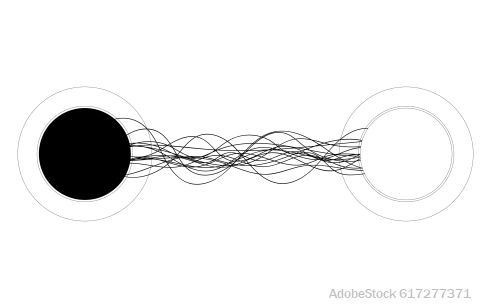 But the entire universe is built from particles at the quantum level, with information shot throughout it everywhere. I wonder if a quantum computer would find itself plugged into at least some of the foundational noise of the universe. Wouldn’t you have to filter out the unwanted data? Maybe the idea is to use AI programming structures and let the quantum computer figure it out, in the same way that LLMs work. Guide it somehow? Introduce bias*? Okay, fine. But then how do you know if it’s giving the right answers?
But the entire universe is built from particles at the quantum level, with information shot throughout it everywhere. I wonder if a quantum computer would find itself plugged into at least some of the foundational noise of the universe. Wouldn’t you have to filter out the unwanted data? Maybe the idea is to use AI programming structures and let the quantum computer figure it out, in the same way that LLMs work. Guide it somehow? Introduce bias*? Okay, fine. But then how do you know if it’s giving the right answers?
Matei doesn’t go into it in his short article, but I’ve read that one of the greatest hurdles for quantum computing is the verification of the output. That’s interesting. Same as it is with AI, the specific route to coming up with results in a quantum computer is “black box” – we can’t see it. So, turn it the other way around: If a quantum computer ever comes up with a non-intuitive result (to basic tests that don’t require decades to verify using an ordinary binary system), how can we be sure that the quantum computer is actually in error? Maybe it’s dealing with more information than a binary system has access to. Maybe even more than we humans can fathom.
We know we live in a convenient fiction to some extent. Our brains bend our perceptions of reality in order to work with it. A quantum computer may bend differently. We may not succeed in seeding it with all of our biases, the biases we need and those we don’t yet know we have.
But if probabilities can accumulate and lead to a specific result (as I understand it, that’s how it works), doesn’t this suggest predetermination? That is, if pure possibility, pure potential, when fed an experience or manifestation of our world leads to a fixed result time and time again, doesn’t that suggest a lack of randomness to the universe? How mind-bogglingly perfectly can a quantum computer “grasp” the reality in the data it has access to?
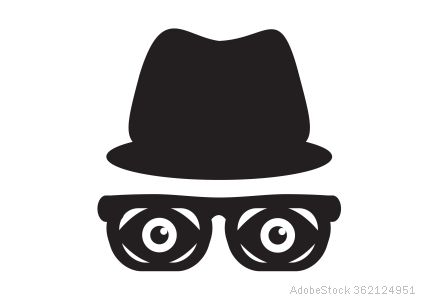 All this suggests to me that the quantum computers of the future, in order to be helpful to us, will require wrangler coders to rein in the AI, guiding it, who’ll have to think as poets as well as scientists and logicians. I mean, doesn’t the fact of the level at which a quantum computer functions suggest it may interact with the subatomic strata, touching on the foundation of knowledge itself? Perhaps even of consciousness – the consciousness of the universe?
All this suggests to me that the quantum computers of the future, in order to be helpful to us, will require wrangler coders to rein in the AI, guiding it, who’ll have to think as poets as well as scientists and logicians. I mean, doesn’t the fact of the level at which a quantum computer functions suggest it may interact with the subatomic strata, touching on the foundation of knowledge itself? Perhaps even of consciousness – the consciousness of the universe?
You might be thinking, “A consciousness to the universe? What do you mean? There’s no such thing.” But wait – maybe there is at the quantum level. Stay tuned for my next installment in this two-part post to find out how and why that might matter in the context of AI.
***
*By bias, I of course don’t mean the kind social biases that have caused us so much concern lately. I mean biases in favor of human needs, the sort of distortions of reality we require in order to work with it. For example, across the vast majority of the universe (or universes), one plus one might equal three, and so a quantum computer might tell us it’s three. But for our purposes, we generally need it to equal two.
